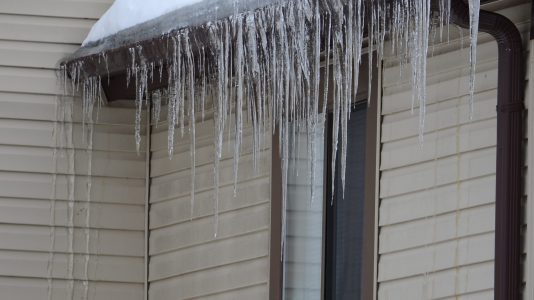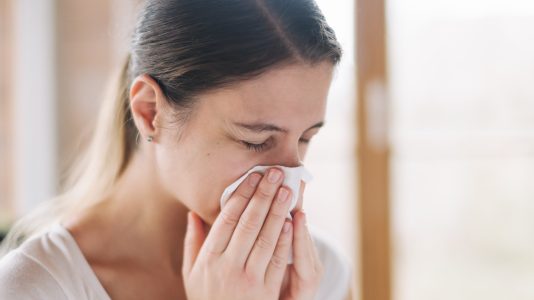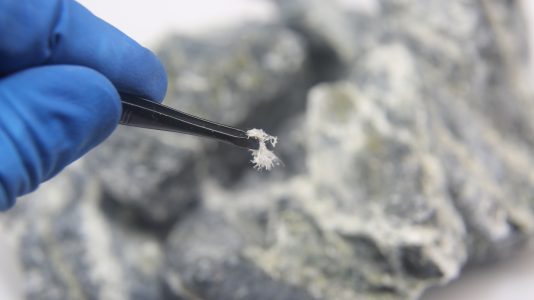Can cold weather damage exterior facades?
March 15th, 2023
Exterior facades are subject to extreme weather conditions throughout the year, but this is especially true in the winter. Freezing temperatures, wind and humidity can all have an effect on building materials, including brick, stone, render and siding. Indeed, when temperatures drop, we tend to pay special attention to protecting our body from the outside elements, but what about our home? Are the exterior facades of our homes also vulnerable to the harshness of winter? Learn in this blog about those effects and discover preventive measures to protect your home from winter damage.
Freezing and Thawing
One of the most common problems associated with cold weather is freezing and thawing. When water seeps into the pores and cracks of building materials and freezes, it expands and can damage structures. Thawing can also cause damage, as thawed water can penetrate deeper into materials, creating more cracks and wear.
Moisture
Moisture is also a major factor in cold weather damage. If water is able to penetrate exterior walls, it can cause mold and mildew, resulting in structural damage and affecting indoor air quality.
Wind
Wind is another factor that can cause damage to exterior facades in winter. In Quebec, there is generally more wind during the winter season. Quebec is located in a region where warm and cold air masses meet, which favors this type of condition. Therefore, in some regions, we find much colder and stronger winds. In addition, the cold and dry winds that blow over the Great Lakes can also cause snowstorms in the surrounding areas. The gusts can blow away building materials, such as tiles and slates, exposing them to water, snow and ice.
Preventive measures
Fortunately, there are steps that can be taken to protect exterior facades from cold weather damage. One important step is to ensure that building materials are waterproof, using appropriate sealants for joints and cracks. Adding thermal insulation can also help protect walls from temperature changes. Gutters and drains should be kept free of debris to prevent water from pooling on exterior walls.
In short, cold temperatures can damage the exterior of our homes, but it is possible to protect them by taking these preventive measures. By protecting our home from the outside elements, we can help preserve its appearance and long-term value. If you wish to inspect the exterior of your home, our experts at Qualitam will be pleased to help you.




